US President Donald Trump hailed that he had an “amazing and productive meeting” with Chinese President Xi Jinping, as sideline of G20 summit in Argentina. Both sides agreed to ceasefire on trade war for 90 days and work on structural changes in China. China also agreed to start buying US agriculture products immediately. Trump said there are “unlimited possibilities for both the United States and China.”
In a White House statement:
- Trump agreed NOT to raise the tariffs on USD 200B of Chinese progress to 25% on January 1, but leave them at 10%.
- China will purchase a “very substantial” amount of agricultural, energy, industrial, and other product from the US, starting immediately with agriculture.
- Most importantly, negotiations will immediately begin on structural reforms regarding “forced technology transfer, intellectual property protection, non-tariff barriers, cyber intrusions and cyber theft, services and agriculture. “
- The negotiations will be completed within the next 90 days. If an agreement couldn’t be made, the above mentioned tariffs will be raised from 10% to 25%.
Here is the full statement.
Statement from the Press Secretary Regarding the President’s Working Dinner with China
The President of the United States, Donald J. Trump, and President Xi Jinping of China, have just concluded what both have said was a “highly successful meeting” between themselves and their most senior representatives in Buenos Aires, Argentina.
Very importantly, President Xi, in a wonderful humanitarian gesture, has agreed to designate Fentanyl as a Controlled Substance, meaning that people selling Fentanyl to the United States will be subject to China’s maximum penalty under the law.
On Trade, President Trump has agreed that on January 1, 2019, he will leave the tariffs on $200 billion worth of product at the 10% rate, and not raise it to 25% at this time. China will agree to purchase a not yet agreed upon, but very substantial, amount of agricultural, energy, industrial, and other product from the United States to reduce the trade imbalance between our two countries. China has agreed to start purchasing agricultural product from our farmers immediately.
President Trump and President Xi have agreed to immediately begin negotiations on structural changes with respect to forced technology transfer, intellectual property protection, non-tariff barriers, cyber intrusions and cyber theft, services and agriculture. Both parties agree that they will endeavor to have this transaction completed within the next 90 days. If at the end of this period of time, the parties are unable to reach an agreement, the 10% tariffs will be raised to 25%.
It was also agreed that great progress has been made with respect to North Korea and that President Trump, together with President Xi, will strive, along with Chairman Kim Jong Un, to see a nuclear free Korean Peninsula. President Trump expressed his friendship and respect for Chairman Kim.
President Xi also stated that he is open to approving the previously unapproved Qualcomm-NXP deal should it again be presented to him.
President Trump stated: “This was an amazing and productive meeting with unlimited possibilities for both the United States and China. It is my great honor to be working with President Xi.”
Orignal source.




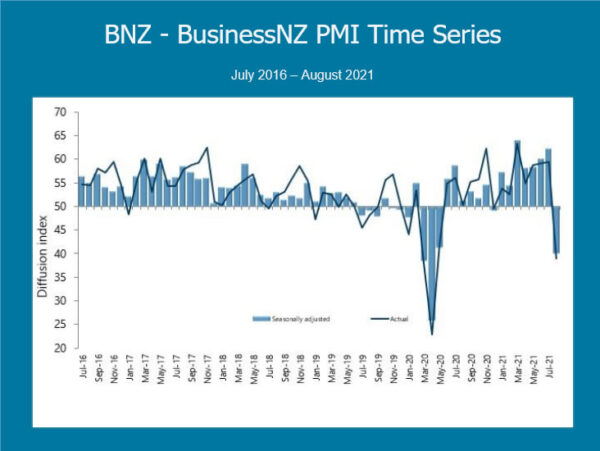
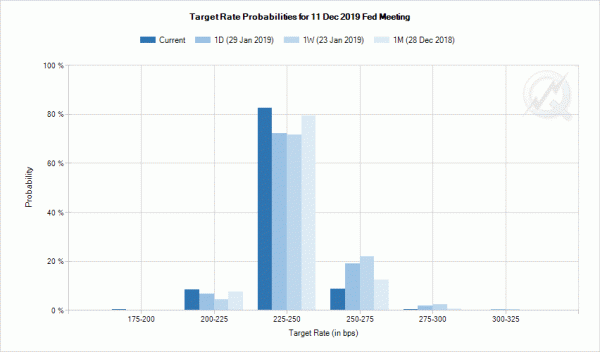
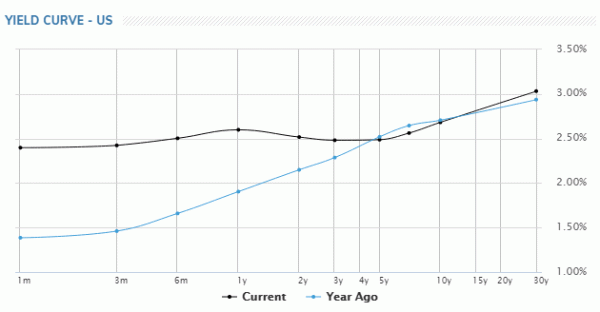
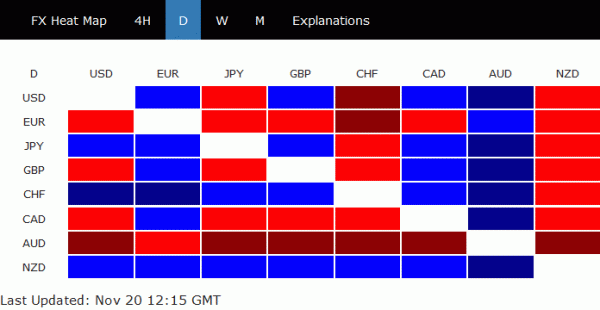
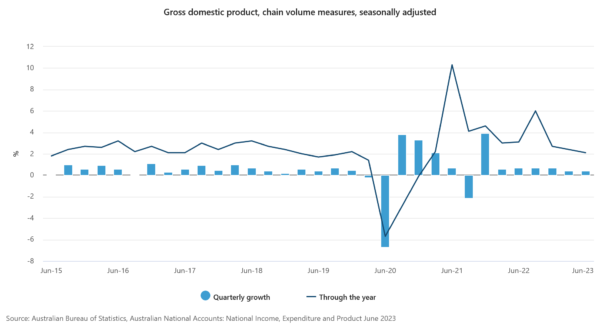
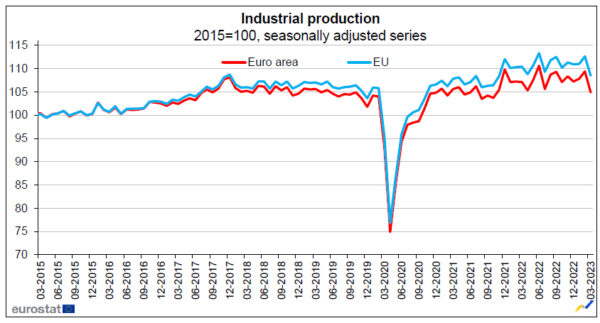
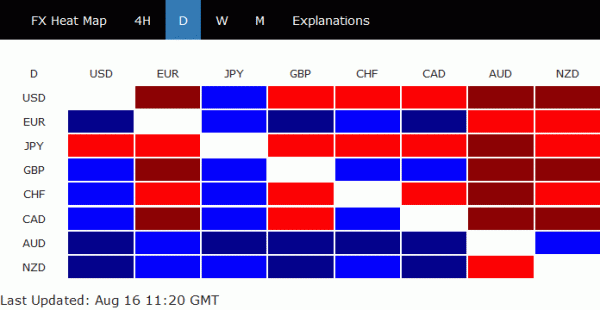
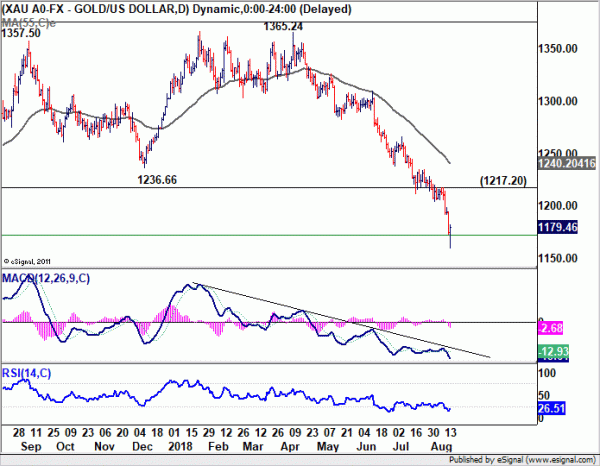
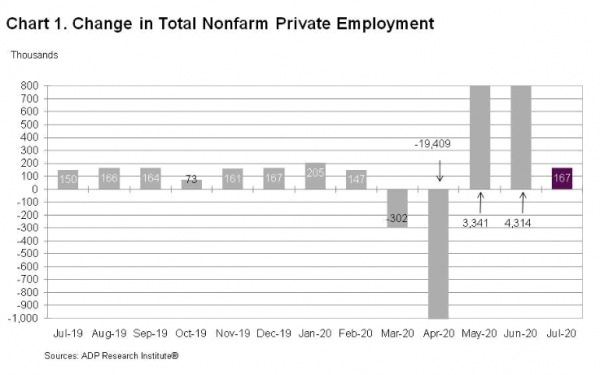
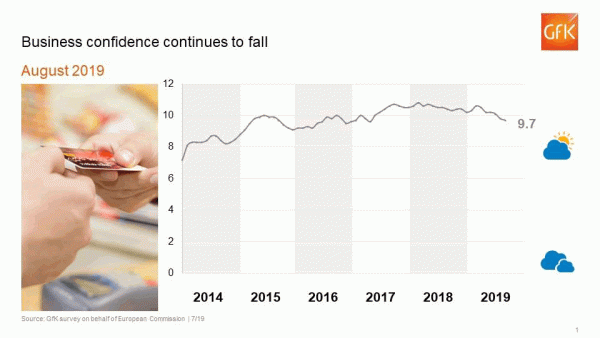

Australian PMIs reveal divergence between manufacturing and services, RBA rate hike likely in May
Australia’s April PMI Manufacturing has dropped to a 35-month low at 48.1, down from 49.1, while PMI Services jumped to a 10-month high of 52.6, up from 48.6. The PMI Composite also reached a 10-month high at 52.2. The data reveals a growing divergence between the performance of Australia’s manufacturing and service sectors.
Warren Hogan, Chief Economic Advisor at Judo Bank, said, “Manufacturing activity remains soft, a reflection of weaker demand for goods and a gradual slowdown in construction activity in Australia. The April flash results for the services sector have bounced strongly, bringing into question the broader economic slowdown.”
Hogan dismissed the idea of a recession, stating that the results point to a lift in Australia’s economic momentum through mid-2023. However, he noted that the risk to inflation is from excess demand in the economy, putting upward pressure on domestic prices in energy, housing, and labor markets.
With the RBA Board set to meet in early May, Hogan believes the April flash PMI, strong employment outcomes in March, and a resurgence in parts of the housing market all suggest that another 25bp rate hike in May is more likely than not, depending on the March quarter CPI to be released on April 26th.
Full Australia PMI release here.